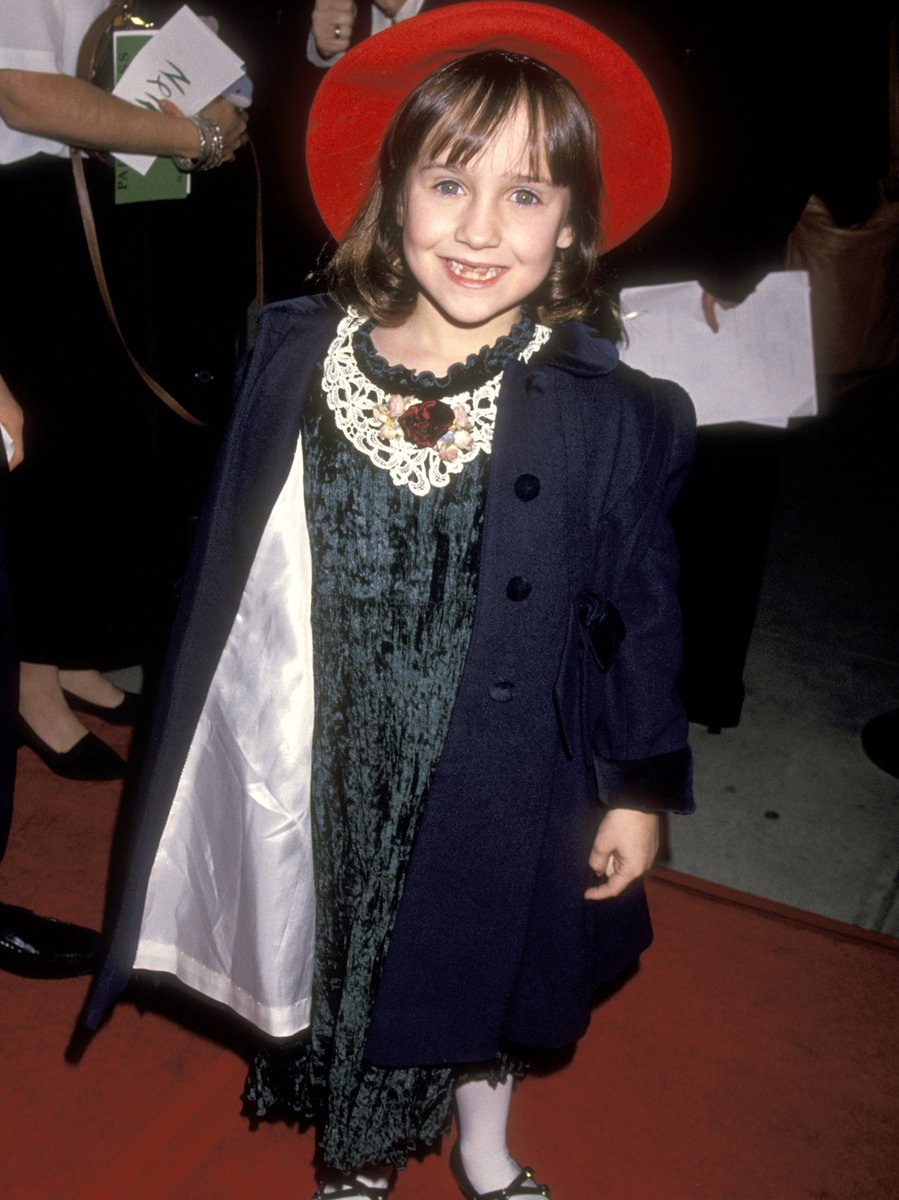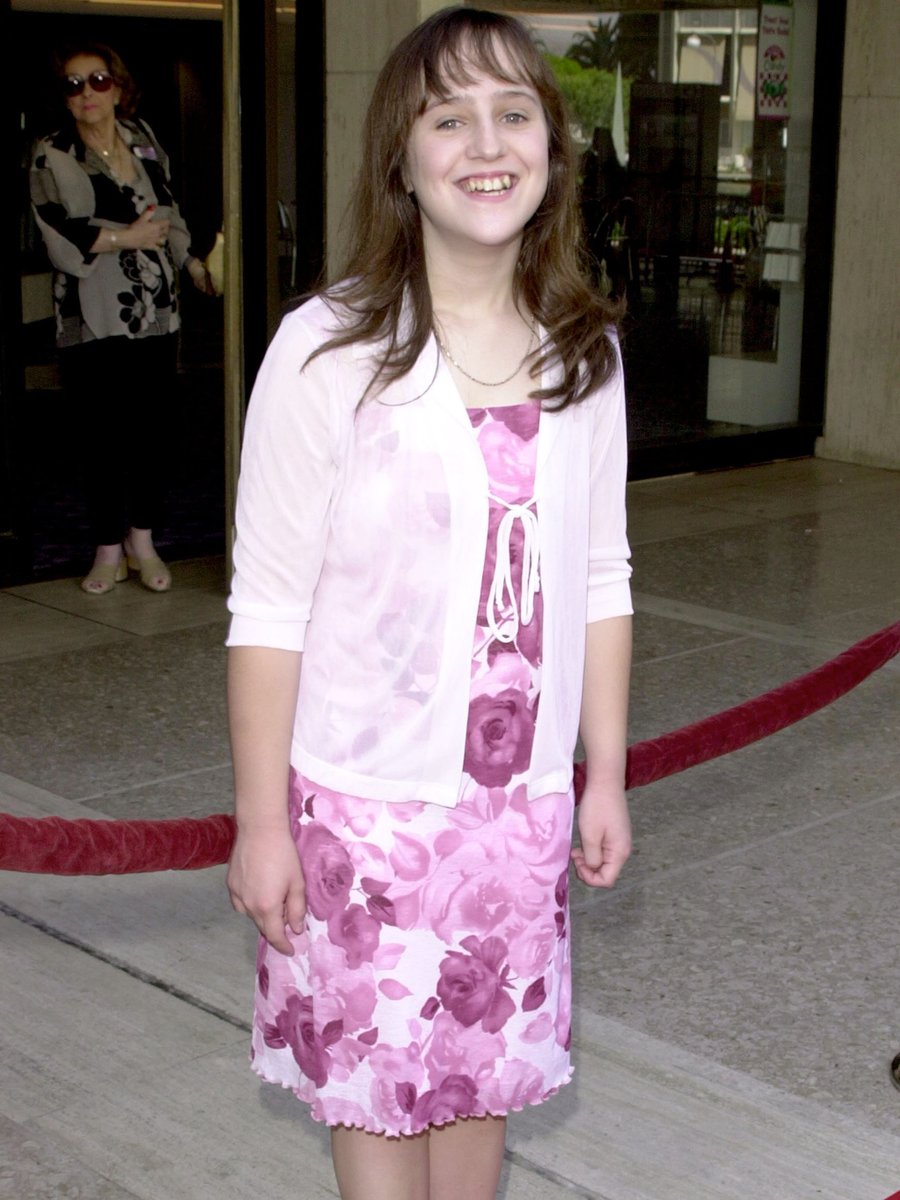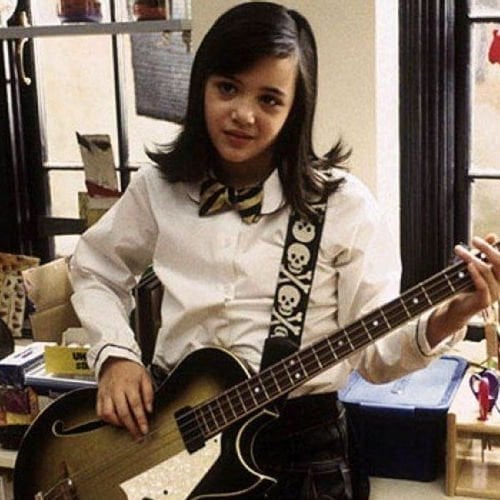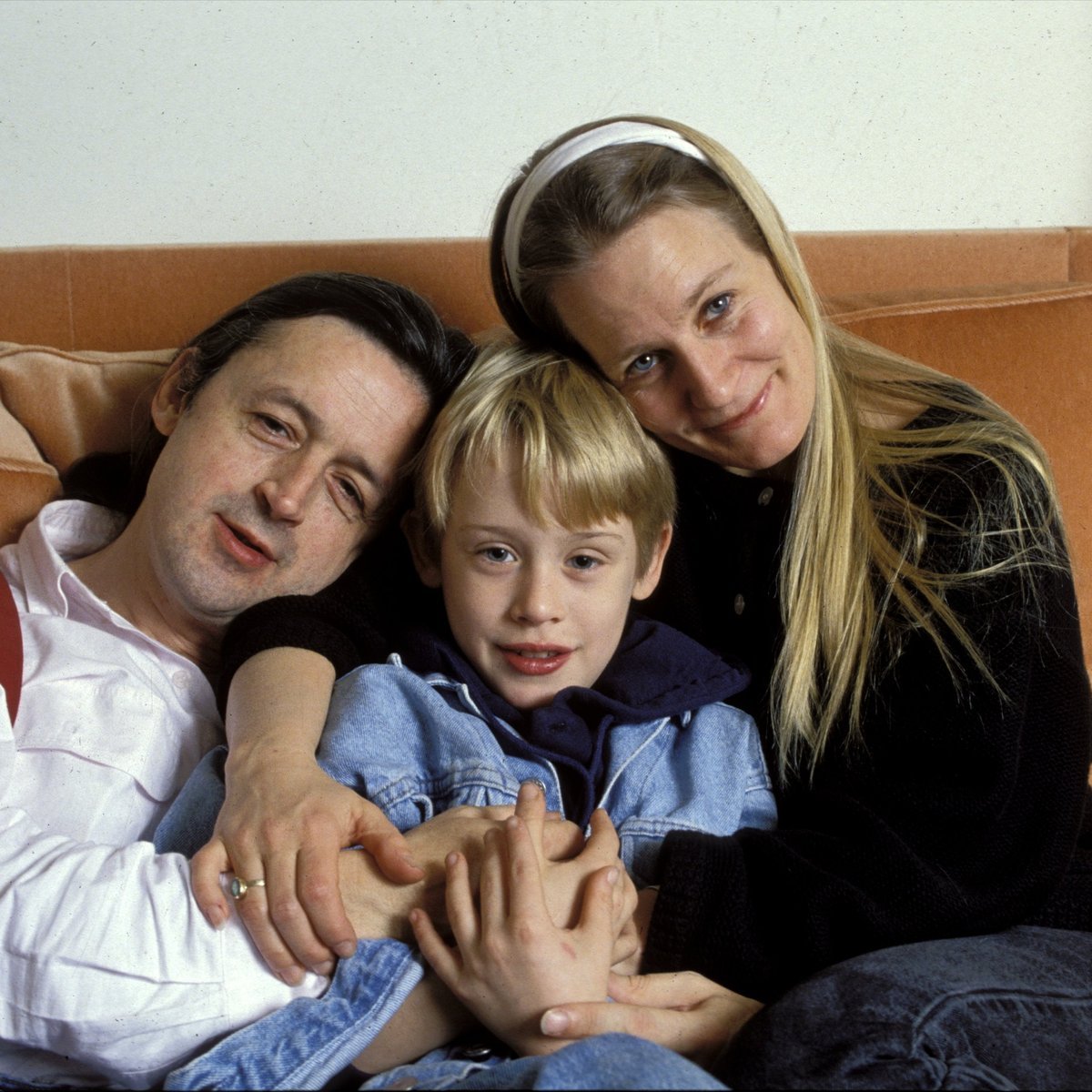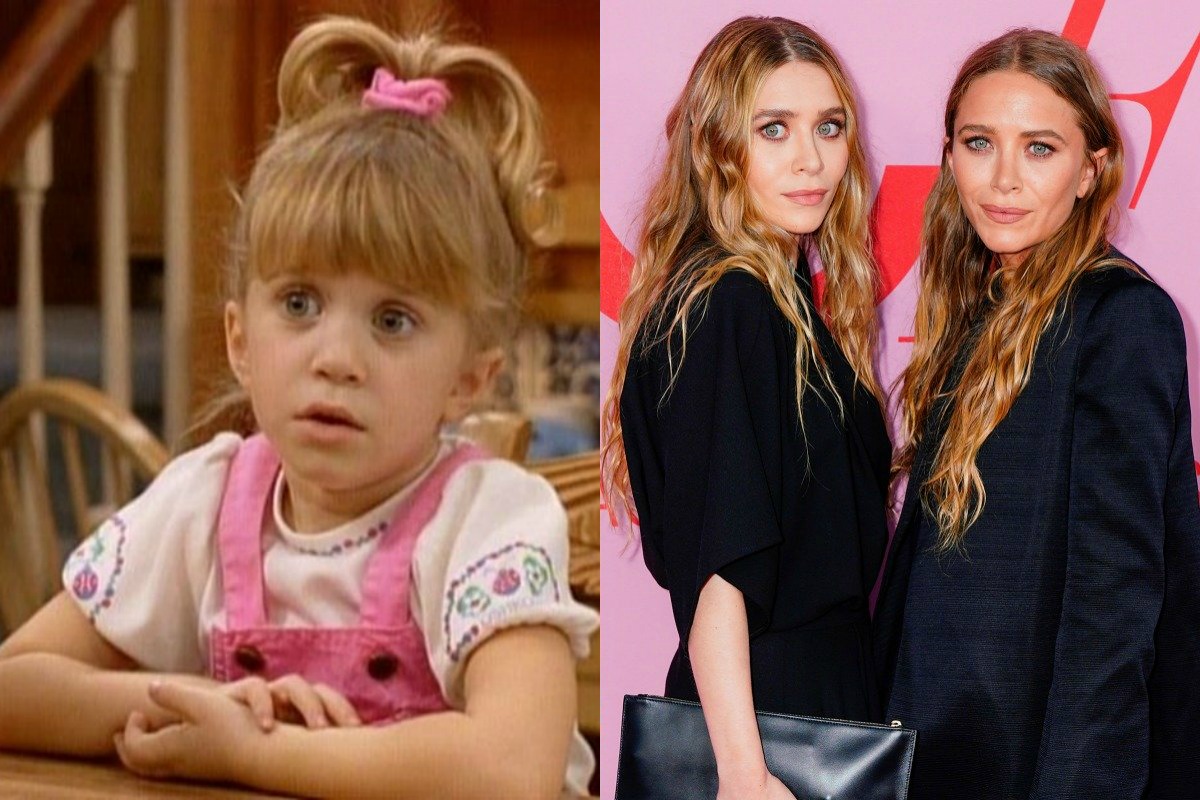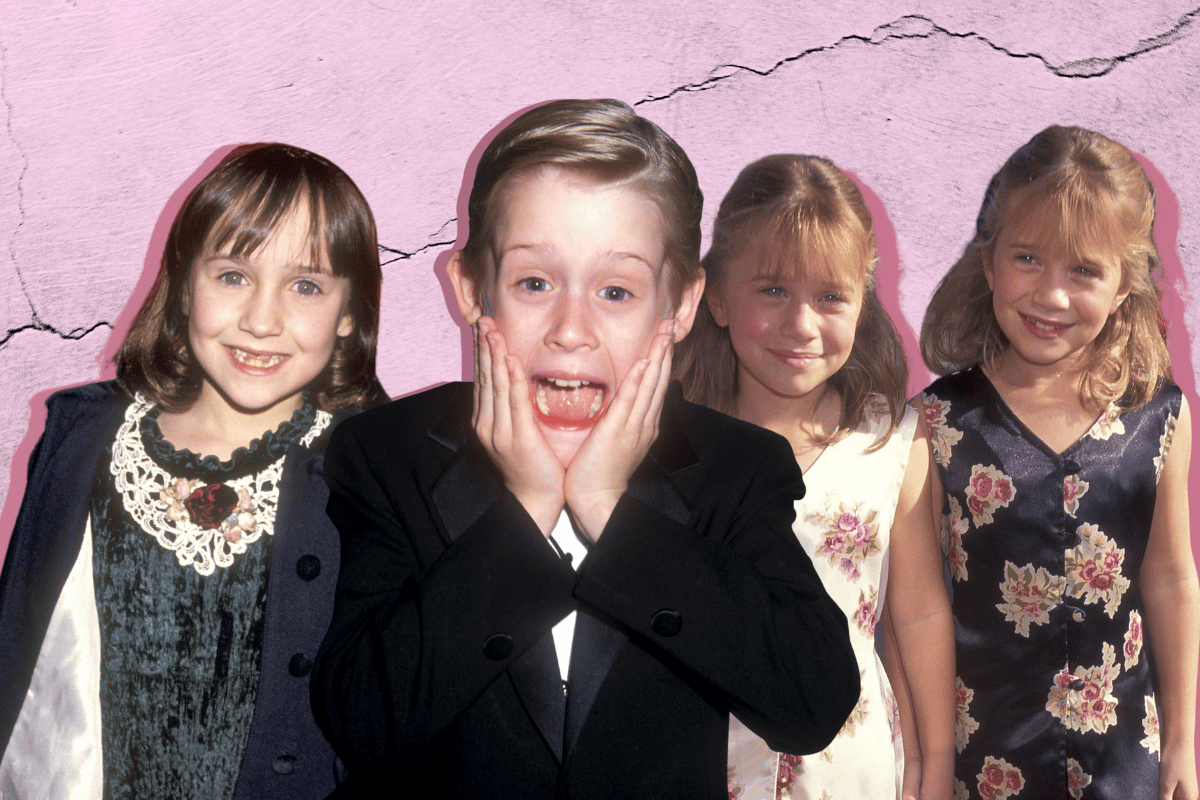
This post deals with sexual assault, eating disorders and suicide and might be triggering for some readers.
Growing up, many kids dream of being famous actors, living a life of fame and fortune.
But in reality, growing up in the spotlight comes at a high price. One that can cost young actors their freedom, privacy and above all, their childhood.
After Britney Spears released her documentary last month, stars like Mara Wilson and Rivkah Reyes have spoken out about the reality of childhood stardom, which has seen some actors bullied and even "sexually harassed".
Watch: The auditions that scored actors their leading roles. Post continues below.
Here's what no one tells you about being a child star.
Mara Wilson
Mara Wilson was just eight years old when she starred as the title character in the cult classic 1996 film, Matilda.
As one of the biggest child stars of the 90s, Wilson fell victim to the "narrative" that "famous kids deserve" the media scrutiny. So much so that she was, "sexually harassed" by the public and media throughout her career.


